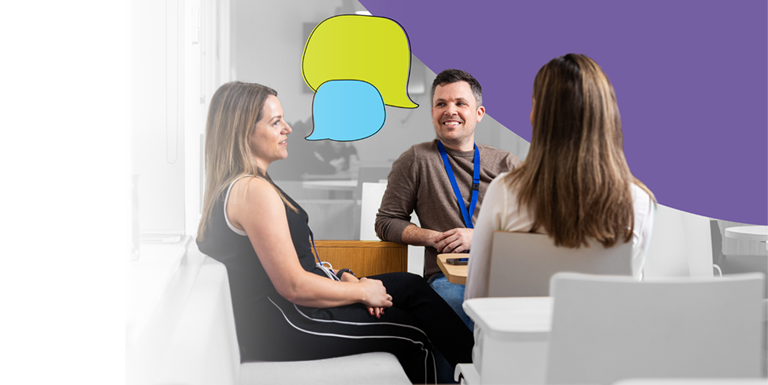Welcome to our insights
Our insights hub is a place you can visit to explore our articles. They're aimed to help you get ahead on and keep up to date with news and insights.
Here you'll find Scottish Friendly updates, benefits, hints and tips, as well as articles on savings and investing, planning for the future and industry news.
View all insights
Saving & Investing
Reading time: 8 minutes
Hints & Tips
Planning for the Future
Reading time: 10 minutes
Scottish Friendly Updates
Saving & Investing
Reading time: 3 minutes
Scottish Friendly Updates
Saving & Investing
Reading time: 4 minutes
Planning for the Future
Saving & Investing
Reading time: 5 minutes

